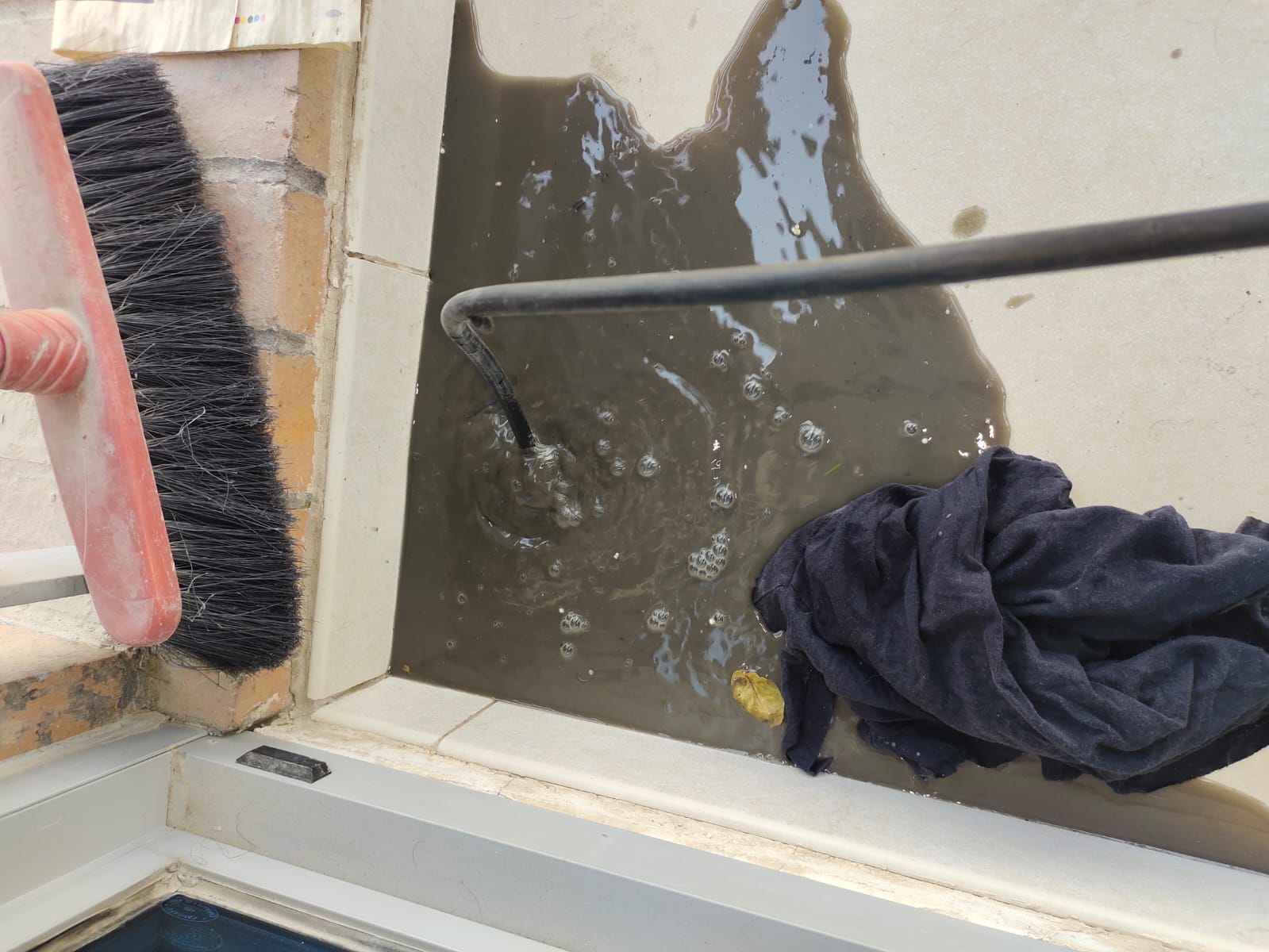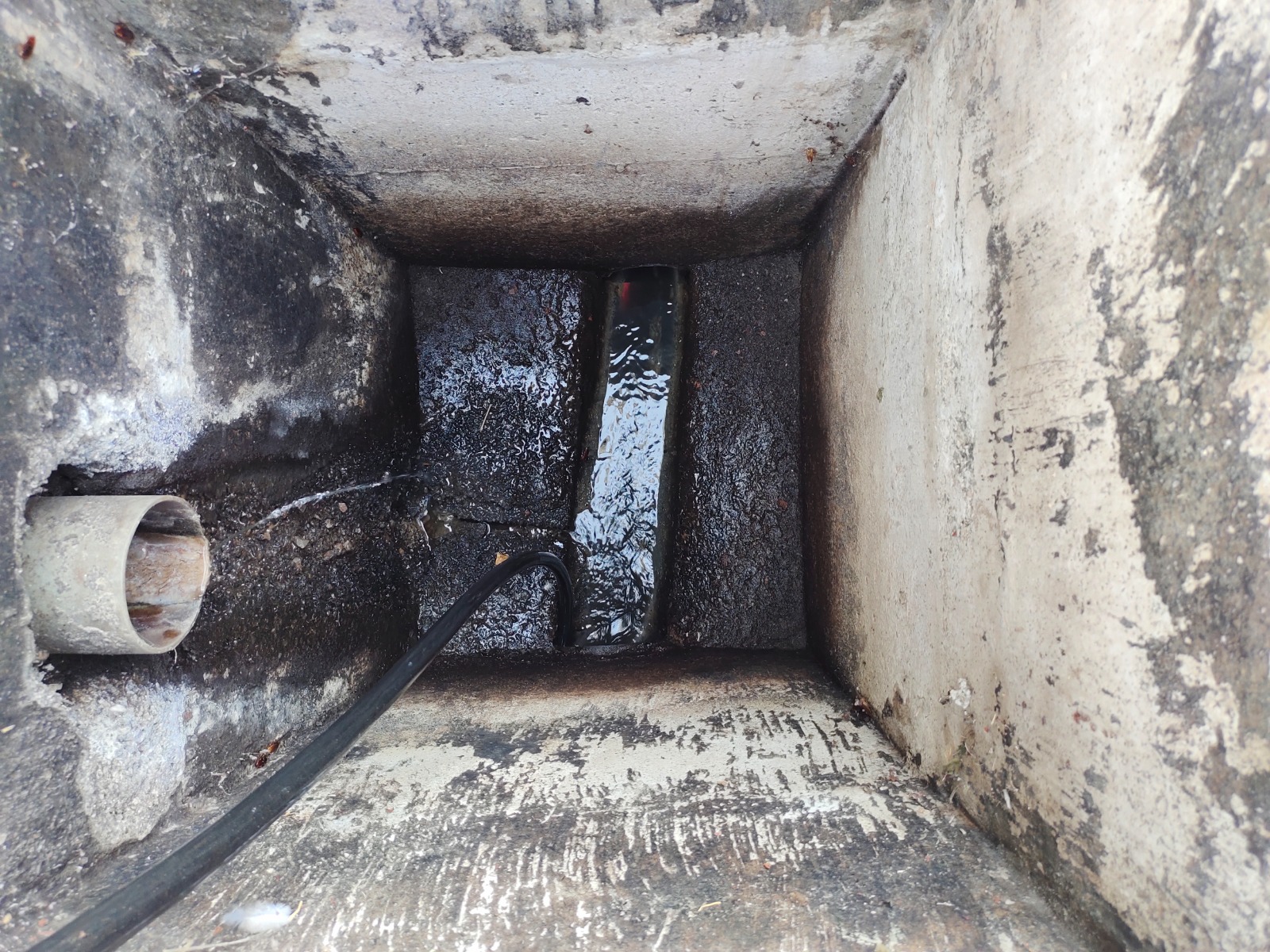Hussain Ahmad Technical Services LLC
Hussain Ahmad Technical Services LLC, 22 Street, Near Al Quoz Industrial Area 4, Al Quoz, UAE, 83902
Since : 2015
Hussain Ahmad Technical Services LLC, 22 Street, Near Al Quoz Industrial Area 4, Al Quoz, UAE, 83902
Since : 2015
Floor and wall tiling is one of the most sought-after services in both residential and commercial construction. It enhances the aesthetic appeal of spaces and provides durability and ease of maintenance. Whether you are building a new home or renovating an existing one, choosing the right tiling works can make a significant difference.
In the UAE, a region known for its luxury and architectural innovation, floor and wall tiling works play a crucial role in interior design. From high-end villas to commercial spaces, every project demands precise craftsmanship and high-quality materials to meet the expectations of discerning customers.
Floor and wall tiling is an essential part of home and commercial interior design, providing both aesthetic appeal and functionality. Tiling works enhance the durability, hygiene, and beauty of surfaces in kitchens, bathrooms, and other spaces.
Floor and wall tiling involves covering surfaces with tiles to protect them from wear and tear, water damage, and stains while adding visual appeal. Tiles come in different materials such as ceramic, porcelain, marble, and natural stone, and can be installed in a variety of patterns and finishes.
Tiles are available in a wide variety of types, each with unique characteristics, materials, and uses. Here's an overview of the most common types of tiles:
The cost of tiling depends on several factors, such as:
Floor and wall tiling offers a range of benefits for both residential and commercial spaces. Here are some of the key advantages:
Q1. How long does it take to install tiles on
floors and walls?
A1: The time required depends on the
size of the area, the complexity of the design, and the type of tiles. A
standard bathroom or kitchen tiling project may take 2-4 days, including
preparation, installation, grouting, and curing time.
Q2. Can tiles be installed over existing tiles?
A2: Yes, tiles can be installed over
existing tiles if the surface is in good condition, flat, and free of cracks or
moisture damage. However, it’s essential to ensure proper adhesion and leveling
for the new tiles.
Q3. What is the best way to maintain tiled
surfaces?
A3: Regular sweeping and mopping are
enough to maintain tiled floors. For wall tiles, wiping them with a damp cloth
is effective. Avoid using harsh chemicals on natural stone tiles. Sealed tiles
may require periodic re-sealing for extra protection.
Q4. How do I choose the right tiles for my space?
A4: Consider factors like
durability, water resistance, and style. For high-traffic areas, opt for
porcelain or stone tiles. For walls, ceramic or mosaic tiles add visual interest.
Choose colors and patterns that complement your space and décor.
Q5. Do tiles require sealing?
A5: Ceramic and porcelain tiles do
not usually require sealing, but natural stone tiles like marble and slate
should be sealed to prevent water absorption and staining. Grout should also be
sealed to protect against mold and mildew.
Q6. Can I tile my outdoor spaces?
A6: Yes, but you must choose tiles
specifically designed for outdoor use. These tiles should be frost-proof,
water-resistant, and have a rough texture to prevent slipping when wet.
Q7. What is the difference between floor and wall
tiles?
A7: Floor tiles are generally
thicker, more durable, and designed to withstand foot traffic, while wall tiles
are thinner and lighter. Wall tiles can have more intricate designs, but they
should not be used for flooring as they might not withstand heavy wear.
Q8. Can I DIY tile installation, or should I hire a
professional?
A8: DIY tiling is possible for small
projects like backsplashes, but large-scale floor and wall tiling projects
require precision and expertise. Hiring a professional ensures proper surface
preparation, tile placement, and long-lasting results.
Q9. How do I prevent grout from cracking over time?
A9: To prevent grout from cracking,
ensure that the tiles are properly spaced, and the grout is applied correctly.
Using high-quality grout, sealing it after installation, and allowing enough
curing time will reduce the risk of cracking.
Q10. What should I do if a tile gets damaged?
A10: Damaged tiles can be replaced
individually without having to re-tile the entire surface. A professional can
remove the damaged tile, replace it, and re-grout the area to restore the
surface.

UAE, Al Quoz

UAE, Al Quoz